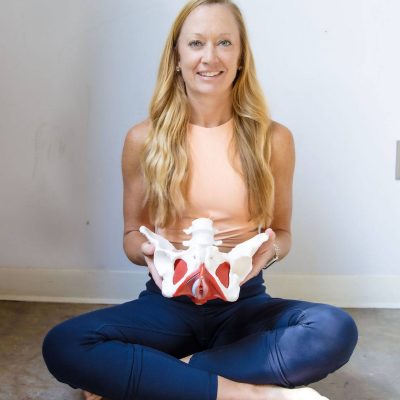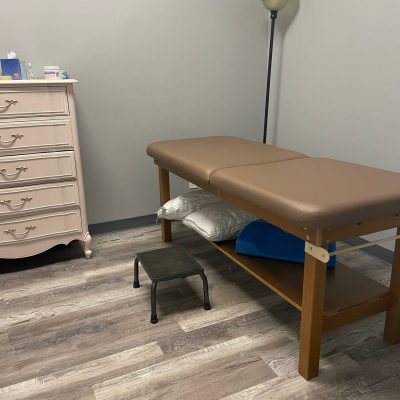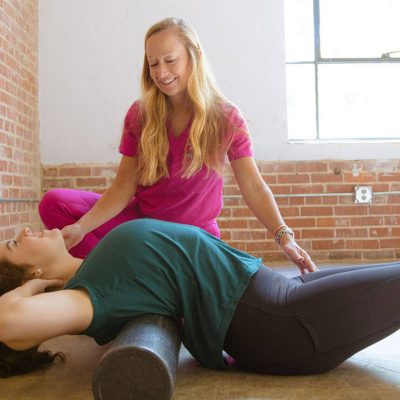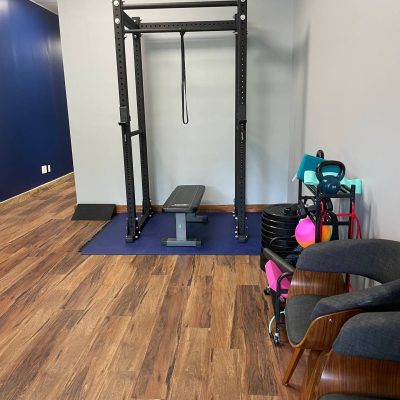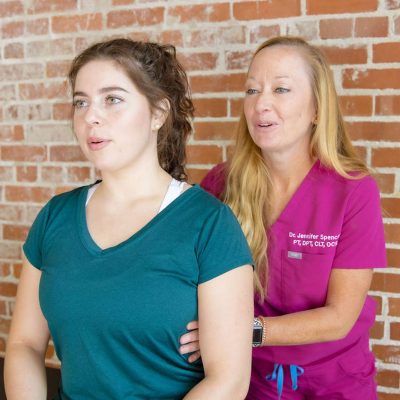By Erica Mitchell, PT, DPT
Bedwetting, also known as nocturnal enuresis, is a common issue among children. It’s important to understand that bedwetting is typically not a sign of any serious medical or psychological problem, especially in younger children. Here are some points to consider:
Common Causes:
- Developmental Factors: Some children’s bladders might take longer to mature, leading to bedwetting.
- Genetics: If a parent experienced bedwetting as a child, there’s a higher chance their child might, too.
- Hormonal Factors: Some children might produce less antidiuretic hormone at night, leading to increased urine production.
Strategies for Managing Bedwetting:
- Supportive Environment: It’s essential to maintain a positive and supportive attitude. Reassure the child that bedwetting is common and they’re not at fault.
- Limiting Fluid Intake: Encourage drinking earlier in the day and reduce intake before bedtime.
- Scheduled Toileting: Encourage regular bathroom visits before bedtime.
- Protective Bedding: Use waterproof mattress covers or disposable underwear to minimize the inconvenience of accidents.
A less known cause of bedwetting is constipation. Constipation can sometimes contribute to bedwetting in children; when the rectum is full due to constipation, it can put pressure on the bladder, reducing its capacity and leading to involuntary urination during sleep. This happens by:
- Pressure on the Bladder: A full rectum due to constipation can press against the bladder, reducing its capacity to hold urine.
- Bladder Sensation Confusion: The pressure from a full rectum can interfere with the signals that indicate the bladder is full, leading to difficulties in recognizing when it’s time to empty the bladder.
- Overactive Bladder Muscles: Chronic constipation might cause changes in the nerves around the bladder, resulting in overactive bladder muscles and an increased likelihood of bedwetting.
If you suspect constipation might be related to your child’s bedwetting, consider the following:
- Dietary Changes: Encourage a high-fiber diet with plenty of fluids to help regulate bowel movements and prevent constipation.
- Toilet Routine: Establish a regular toilet routine to encourage bowel movements, which might help relieve pressure on the bladder.
- Medical Consultation: If constipation persists or if it’s affecting your child’s bedwetting, consulting a pelvic floor physical therapist is advisable. They can provide guidance on managing constipation and its potential impact on bedwetting.
Addressing constipation might alleviate the bedwetting issue, but it’s essential to approach this matter with care and consult a healthcare professional for proper evaluation and guidance.
Pelvic floor physical therapy can indeed be an effective approach for addressing bedwetting, especially when there’s an underlying issue related to pelvic floor muscles. This therapy focuses on habit retraining, education, and strengthening/coordinating the muscles that support the bladder and bowel control.
Here’s how pelvic floor physical therapy can help with bedwetting:
- Bladder Training: Pelvic floor physical therapists can assist children in learning bladder control techniques, such as timed voiding, to improve bladder function and reduce accidents.
- Biofeedback: Using specialized equipment, therapists can help children learn how to relax and control their pelvic floor muscles, aiding in better bladder control during the night.
- Lifestyle Modifications: Therapists provide guidance on fluid intake, diet, and toileting habits that can support better bladder control.
- In some cases, pelvic floor physical therapy might be used in conjunction with other treatments or therapies to address underlying causes contributing to bedwetting, such as constipation or anxiety.
It’s important not to blame or shame the child for bedwetting as it can affect their self-esteem and exacerbate the problem. Also, punishing a child for bedwetting can increase anxiety and make the situation worse.
When to Seek Help:
- If your child has been potty trained or is over the age of 6, starting pelvic floor physical therapy now to stop the problem before it progresses.
- If the child is significantly distressed, bedwetting is causing problems at school or affecting their social life, or if the child is older (around 7 years old) and bedwetting persists regularly.
- Remember, each child is unique, and what works for one might not work for another. Patience, understanding, and support play significant roles in managing bedwetting in children.
Dr. Erica Mitchell, Pelvic Floor Physical Therapist, has extensive training and experience in the treatment of Adult and Pediatric Pelvic Floor Dysfunction. Find her at Magic City Physical Therapy in Hoover, Alabama!

